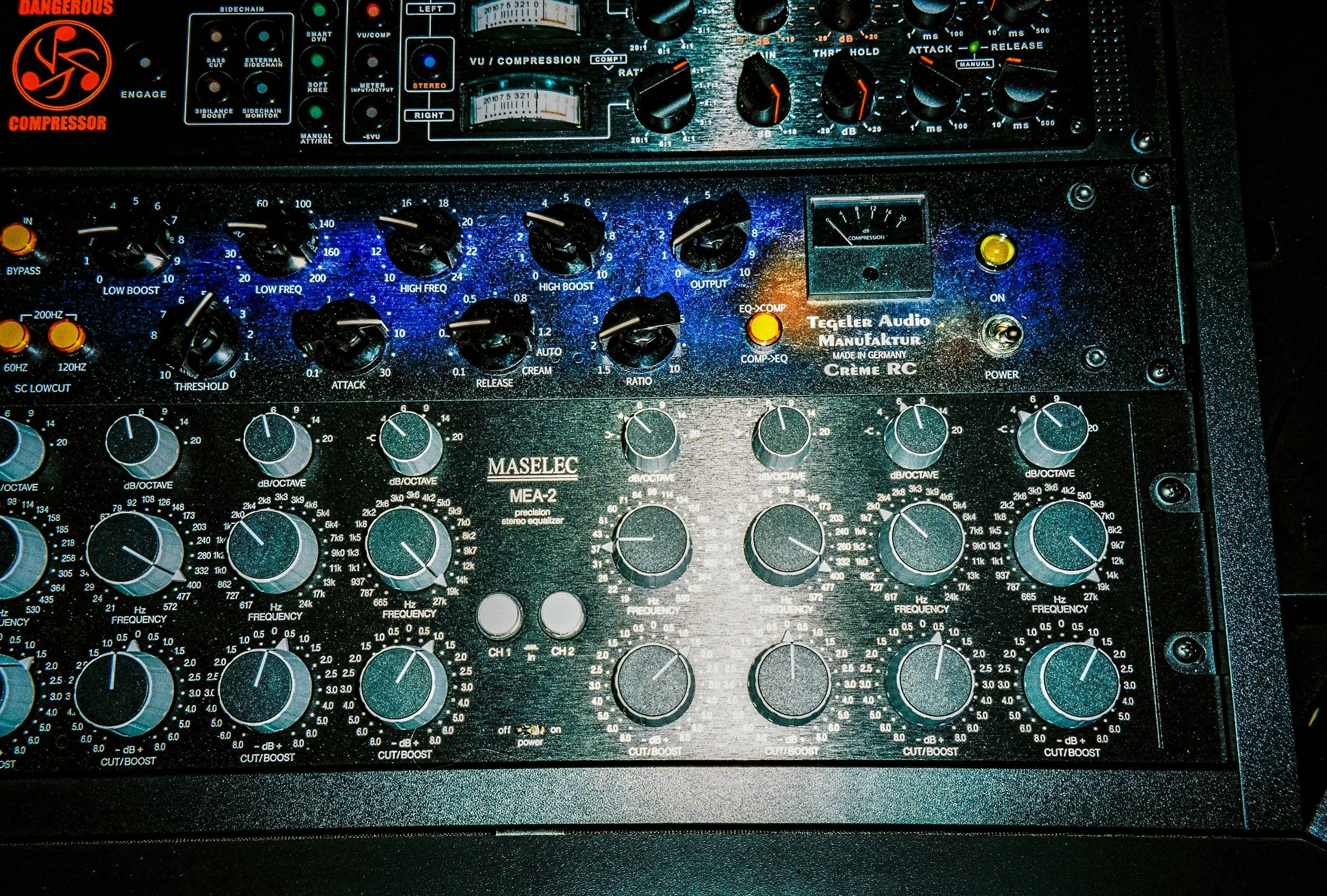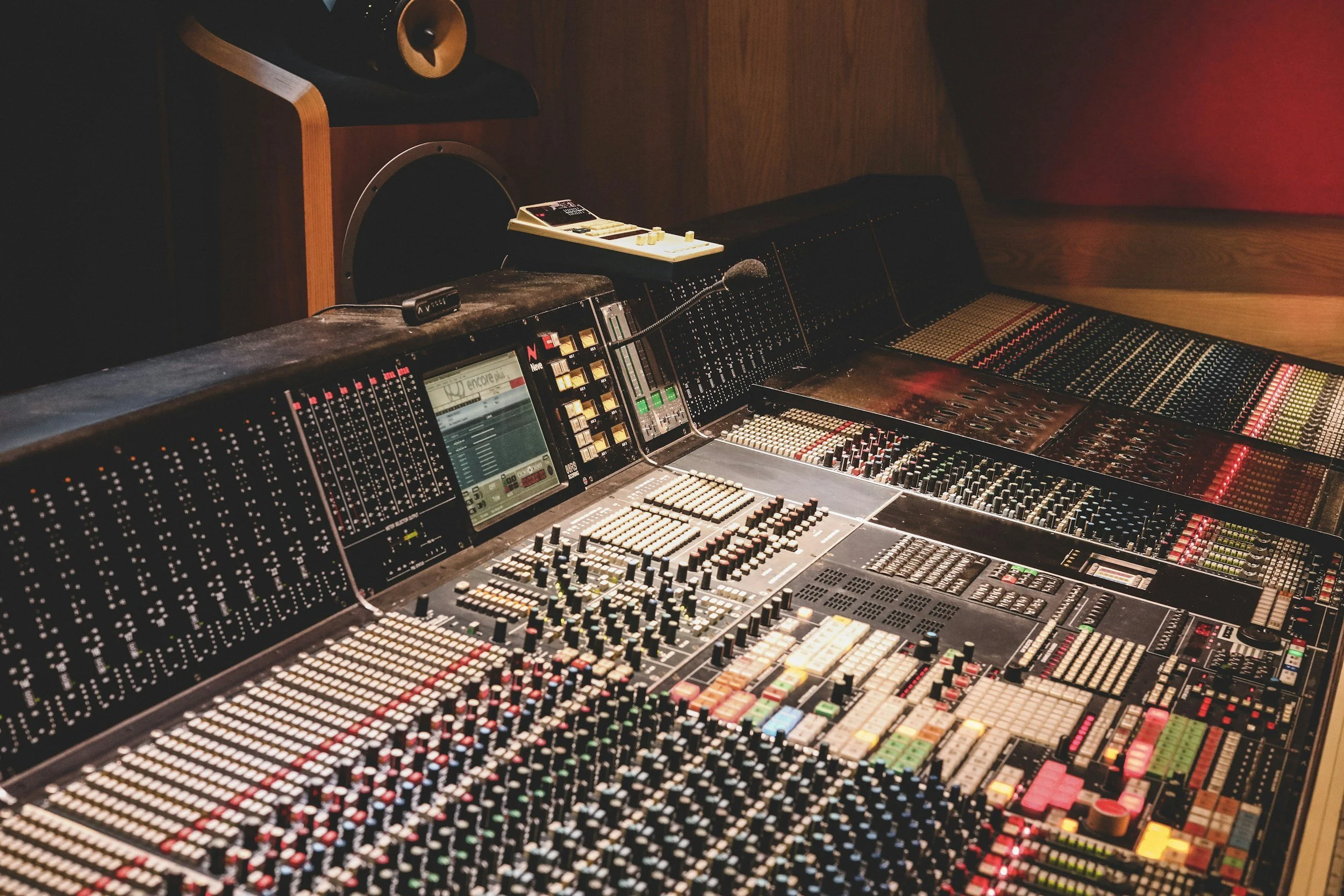The Benefits of Having a Separate Mastering Engineer for Your Mixes
When producing high-quality music, the roles of mix and mastering engineers are often distinct yet equally crucial. While it might seem convenient to have the same engineer handle both tasks (in saying that, I have served as both the mixing and mastering engineer on projects), there are significant advantages to employing a dedicated mastering engineer after your mix is complete. Here’s why:
1 - A Fresh Perspective
One of the key benefits of working with a separate mastering engineer is the fresh set of ears they bring to your project. After hours or even days of working on a mix, mix engineers can become too close to the material, potentially overlooking subtleties or issues that a fresh listener would catch. Mastering engineers approach the track without preconceived notions, focusing solely on enhancing the overall sound and identifying areas for improvement. For instance, I’ve often received mixes where the low mids are overloaded or the high end is over-saturated, a result of the mix engineer's ears adapting to the sound over time, leading them to emphasise certain tonal regions more than necessary.
2 - Specialised Expertise
Mastering is a highly specialised skill that requires a deep understanding of how to make a track sound its best across all playback systems. While mix engineers excel at balancing and enhancing individual elements of a track, mastering engineers focus on the final polish—ensuring the mix translates well on everything from high-end speakers to smartphone earbuds. Their expertise in this final stage ensures that your music sounds cohesive and professional. Even though I have a decade of experience in mastering, the best mastering engineers have honed their craft over decades. Their ears are trained to detect the subtlest of changes, which are often the key to creating that "wow" factor in a master.
3 - High-Quality Tools and Environment
Mastering engineers typically work in studios designed for critical listening, equipped with high-end gear and software tailored specifically for mastering tasks. This environment allows them to hear nuances and details that might not be as apparent in a typical mixing setup. By leveraging these specialized tools, they can fine-tune your track to its highest potential. Although digital audio technology is advancing rapidly, certain plugins and tools remain tailored specifically for mastering. Additionally, mastering engineers often use monitors that are sonically "flat" compared to mixing monitors, which can reveal every detail of the track. Mix engineers have sometimes entered the mastering room only to feel like all their mistakes were suddenly highlighted—this difference in the listening environment is crucial for delivering the best quality.
4 - Final Quality Control
Before your track is released, it goes through a final quality check by the mastering engineer. They ensure the track meets industry standards for loudness, dynamic range, and tonal balance. This quality control step is essential, especially in a competitive music industry where even small imperfections can affect how a track is received. There are various deliverables an artist can choose from, such as CD, vinyl, 24-bit 44.1kHz, or Apple Digital Masters, each requiring specific adjustments. Without thorough quality control and an understanding of these deliverables, the final product may fall short.
5 - Complementary Collaboration
When a mix engineer and mastering engineer collaborate, they bring together unique strengths and perspectives. This collaborative effort often leads to a more refined and polished final product, with each engineer focusing on their area of expertise. The synergy between the two roles can elevate your music, making it stand out in a crowded marketplace. I recommend researching your favourite artists to see how they’ve collaborated on their projects and how many people contributed their skills and expertise. Hiring multiple people not only enhances your project but also supports the music industry. Mastering is often the most affordable part of the process, yet it’s frequently overlooked, skipped, or done on the cheap.
While it might be tempting to have one person handle both mixing and mastering, the benefits of having a separate mastering engineer far outweigh the convenience. A fresh perspective, specialized expertise, and an objective approach can make all the difference in the final sound of your music. Mastering is a specialized craft that, when done well, can transform a song from good to exceptional. It’s a craft that’s dear to my heart and, without sounding too biased, is arguably the most important part of the song process.


